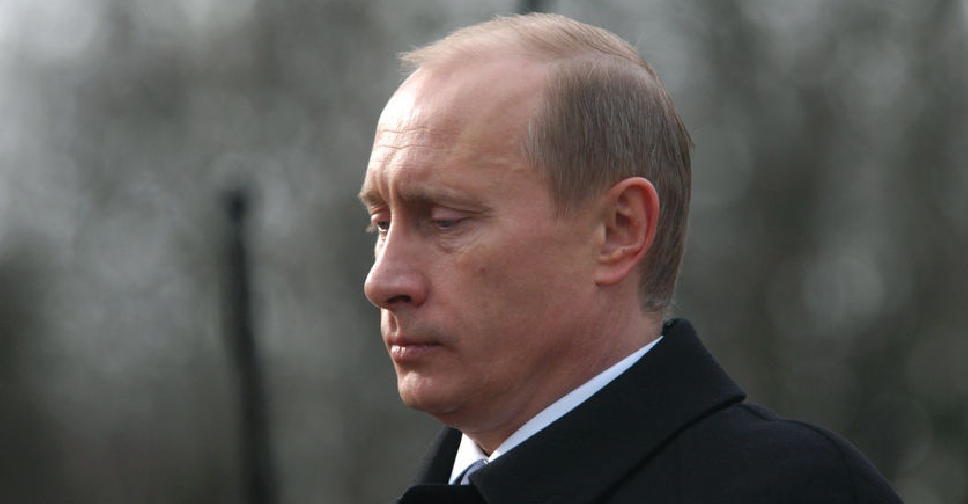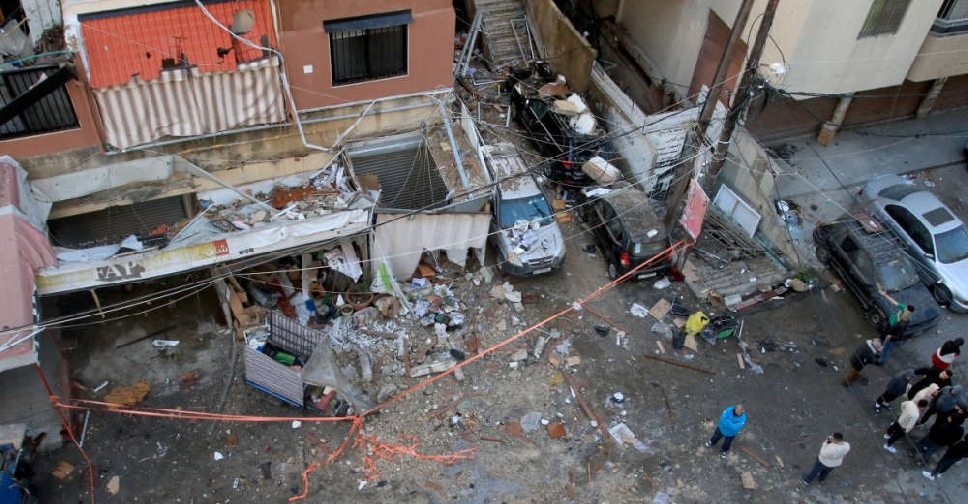
Russia said it still had an emergency hotline with the US and the NATO military alliance to deflate crises, as nuclear risks rose to its greatest level since the depths of the Cold War.
The 2-1/2-year-old Ukraine war is entering what Russian officials say is its most dangerous phase as Russian forces advance and the US ponders allowing Kyiv to strike deep into Russia with Western missiles.
President Vladimir Putin said on September 12 that Western approval for such a step would mean "the direct involvement of NATO countries, the United States and European countries in the war in Ukraine".
Russian Deputy Foreign Minister Alexander Grushko, who oversees relations with Europe and NATO, told the state RIA news agency that Moscow perceives the military alliance to be increasing the role of nuclear weapons in its strategy.
Grushko said Russia was updating its nuclear doctrine to send a signal "so that our opponents have no illusions about our readiness to ensure the security of the Russian Federation with all available means."
Putin is changing Russia's nuclear doctrine to give Russia a slightly lower threshold for using such weapons in response to an attack with conventional weapons.
The US casts China as its biggest competitor and Russia as its biggest nation-state threat, while US President Joe Biden argues that this century will be defined by an existential contest between democracies and autocracies.
A so-called hotline between Moscow and Washington was established in 1963 to reduce the misperceptions that stoked the Cuban Missile Crisis of 1962 by allowing direct communication between the US and Russian leaders.
The US-Russian hotline, now a secure computer communication system, has been used during major crises such as the Six Day War of 1967, the Soviet invasion of Afghanistan in 1979, the 9/11 attacks of 2001 and after the US invasion of Iraq in 2003.
In addition to the leaders' hotline, there are also nuclear hotlines between the Pentagon and the Russian defence ministry that were created during the Cold War to reduce the risk of nuclear war.
After Putin ordered thousands of Russian troops into Ukraine in February 2022, an additional, so-called "deconfliction" line was established between the Russian and US militaries to prevent the war escalating into a US-Russian war.
Defence Minster Andrei Belousov contacted US Defense Secretary Lloyd Austin in July about suspicions of a Ukrainian plot to attack Russia. The New York Times reported that Austin had taken a call from Belousov, on July 12 about a covert Ukrainian operation planned against Russia that Moscow believed had the blessing of the United States.
There is also a Russia-NATO hotline, established in 2013, to reduce misunderstandings in crisis situations.



 Trump fires National Security Agency director
Trump fires National Security Agency director
 Israel steps up Syria strikes, says Turkey aims for 'protectorate'
Israel steps up Syria strikes, says Turkey aims for 'protectorate'
 US sending Israel 20,000 assault rifles that Biden delayed
US sending Israel 20,000 assault rifles that Biden delayed
 Israel says it killed a Hamas commander in Lebanon
Israel says it killed a Hamas commander in Lebanon



